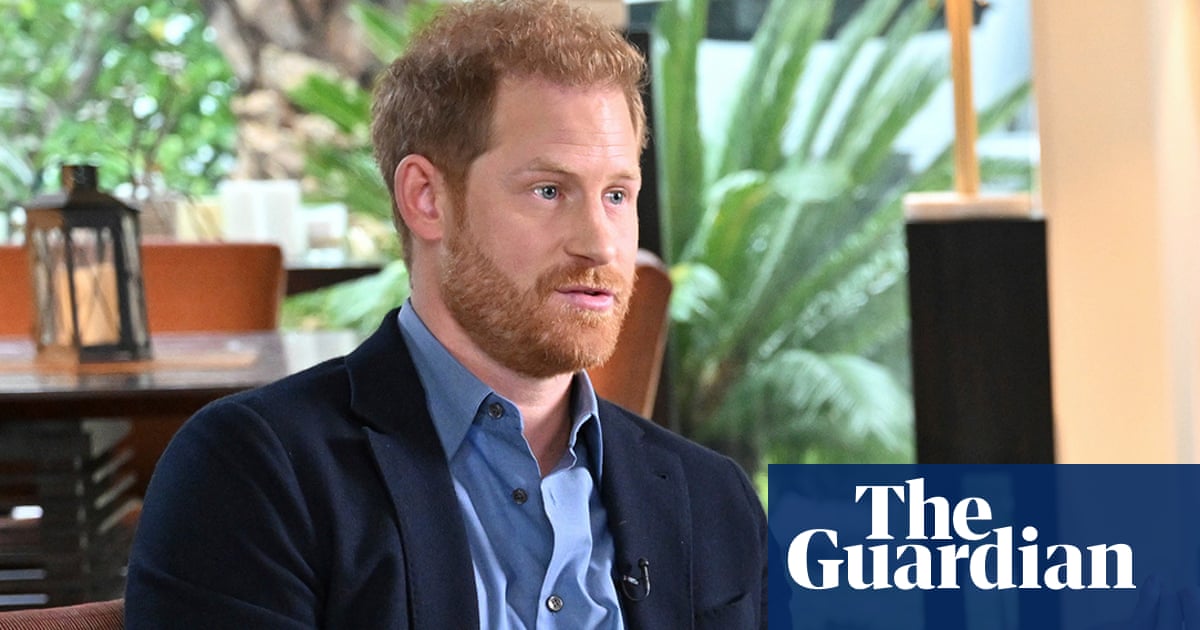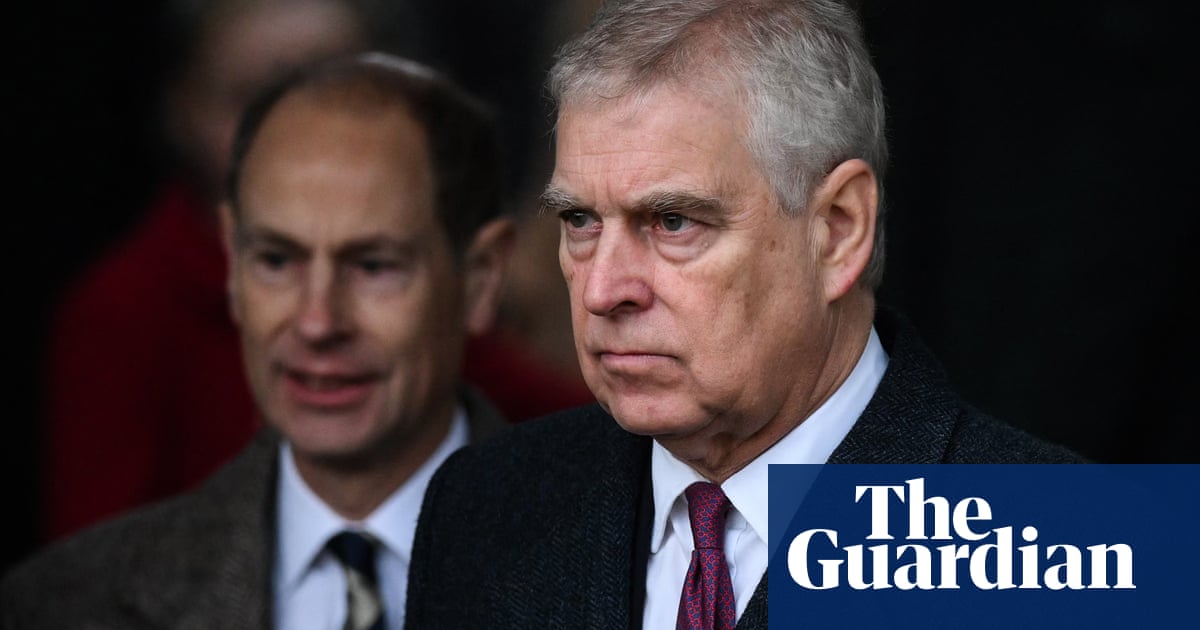
Grief and emotions surrounding the death of the Duke of Edinburgh represent “an ideal opportunity” to mend rifts in the royal family, the former prime minister John Major has said, as he called for “friction” to be swiftly resolved.
His comments came as Prince Harry prepared to fly from California to the UK for his grandfather’s funeral on Saturday, where he will be reunited with his relatives for the first time since he and Meghan, his wife, laid bare their anger and pain at alleged treatment by the royal family in an interview with Oprah Winfrey.
“The friction that we are told has arisen is a friction better ended as speedily as possible and their shared emotion and shared grief at the present time because of the death of their grandfather I think is an ideal opportunity,” Major told the BBC’s The Andrew Marr Show.
“I hope very much that it is possible to mend any rifts that may exist.”
His remarks came after Cardinal Vincent Nichols said: “Many a family gather and get over tension and broken relationships at the time of a funeral, something very profound unites them all again – that would be true of this family, I am sure.”
Major also said he hoped the Queen would be given time and space to grieve in privacy following the death of her husband of 73 years. “I know she is the monarch, I know she has responsibilities, but she has earned the right to have a period of privacy in which to grieve with her family,” he said.
“It think it might be a nice legacy for Prince Philip if we began to return to the Queen some of the support that she has given to the country, to the Commonwealth, to the family and to the nation, during this difficult period of time. I think it is something we owe the Queen.”
The former Conservative prime minister supported the royal family during a difficult few years in the 1990s, including the 1992 “annus horribilis” that saw the breakdown of three royal marriages and a fire at Windsor Castle.
The former archbishop of York, Dr John Sentamu, reflected on his conversations with the Duke of Edinburgh, who he said never wanted “to be let off” in difficult discussions.
He also addressed Philip’s reputation for making racist or sexist remarks, insisting the prince always wanted someone to challenge him.
“He would make an off-colour remark but if somebody challenged him you would enter into an amazing conversation – the trouble was that because he was the Duke of Edinburgh, the husband of the Queen, people had this deference,” Sentamu said.
He recalled meeting Philip at the conclusion of the inquiry into the murder of Stephen Lawrence, on which Sentamu served as an adviser.
“I met him at Buckingham Palace and he comes and asks me about how it all was, and he said, ‘You must have had a very tough time listening to evidence which really was appalling’, and then we had about three to four minutes of real conversation,” Sentamu said. “He thought that the Steven Lawrence inquiry was really, at the heart of it, going to change the way we do our policing.”
Sentamu, who once described Philip as his “sparring partner”, told Marr: “There were no conversations that were off-limits.”
On Sunday morning, the archbishop of Canterbury, Justin Welby, led a service of remembrance for the prince, praising his “remarkable willingness to take the hand he was dealt in life”.
He said Philip’s life had “practical applications of inspiring” but, in a nod to the duke’s typically gruff exterior, added: “We should not exaggerate. The duke would have been the first to harrumph strongly at over-spiritualisation of the world he found, let alone of himself.”
He called for prayers for the royal family, as well as others who were grieving, saying “for the royal family, as for any other, no words can reach into the depths of sorrow that goes into bereavement”.












